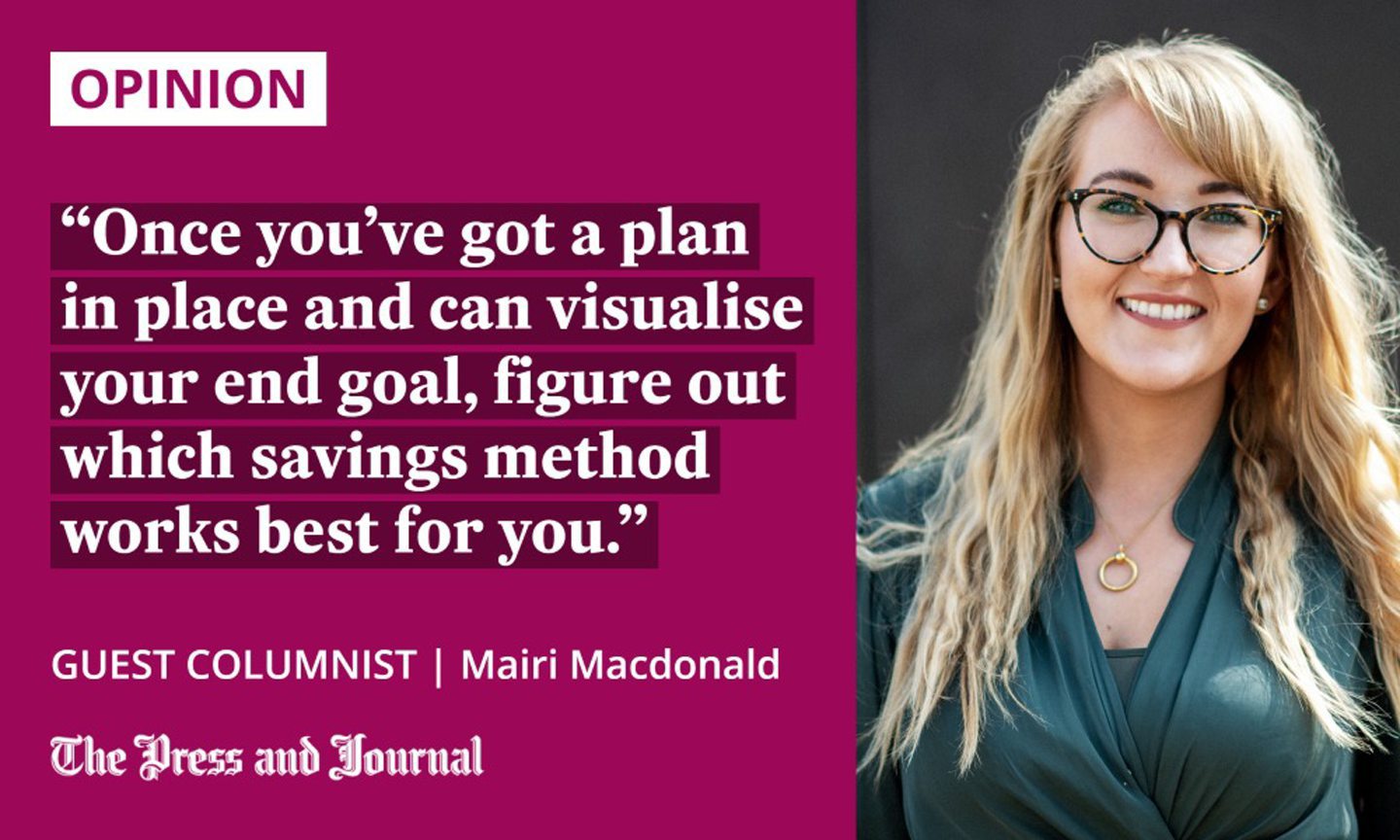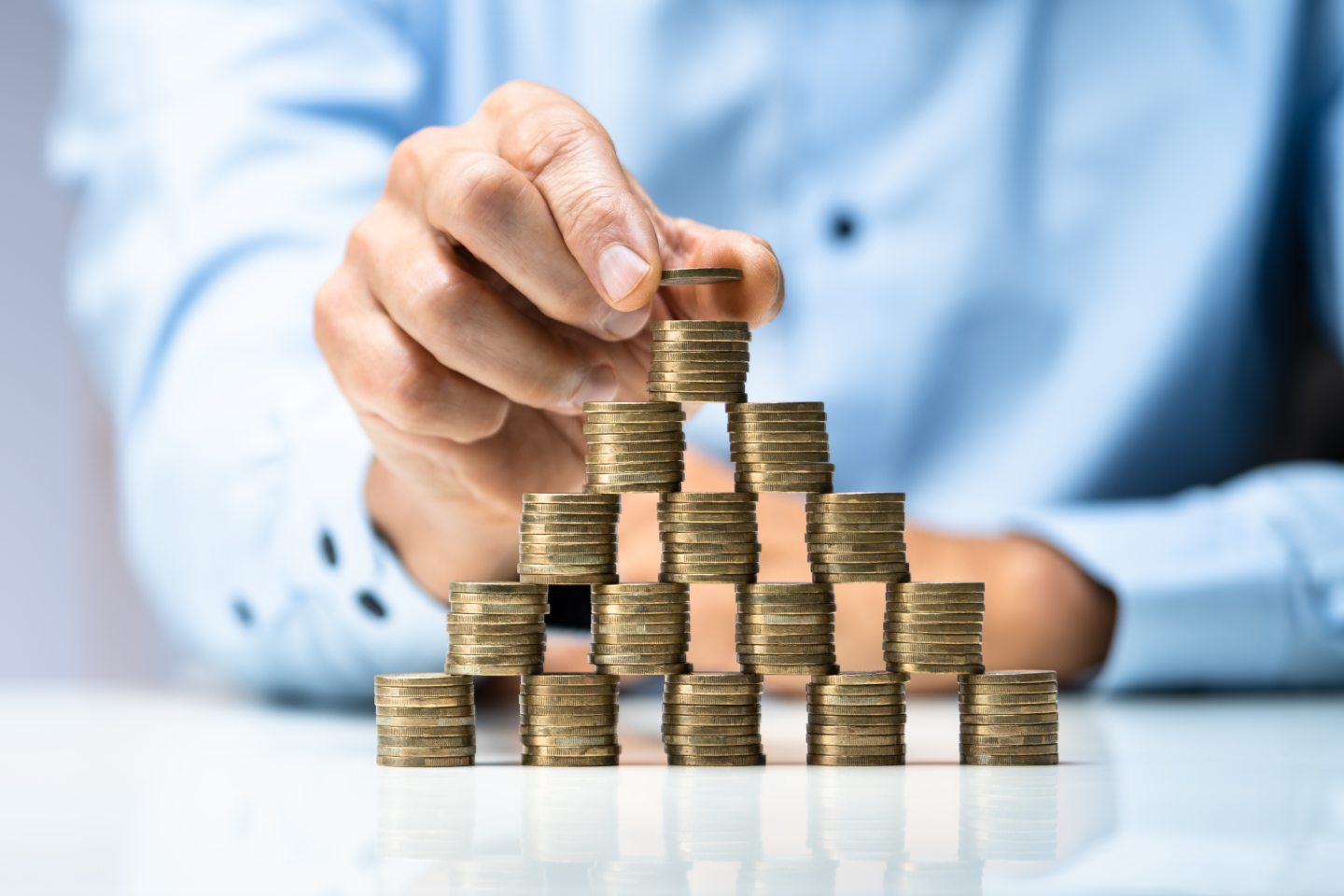Taking into account soaring monthly bills coupled with continued inflation, it’s no surprise that people are feeling overwhelmed when it comes to managing their money.
Royal Bank of Scotland recognises that we’re all feeling the pinch more than ever and, in a recent survey, discovered that 73% of people in the north-east are reconsidering their spending due to rising energy costs alone.
That said, we’ve been through an incredibly challenging two years, and it’s understandable to still be craving a week in the sun or a night out with friends – in fact, the same survey identified that more than a third of us (34%) view spending money on fun as more of a priority post-lockdown.

In my role as local enterprise manager, I want to help address this internal conflict and support the 74% of people across the north-east who feel guilty about spending their hard-earned cash on themselves.
We’ve recently launched a new campaign to empower the public to take control of their finances and set realistic and achievable budgeting goals that balance spending versus saving.
My first tip would be to get a good picture of your current finances. There’s a common misconception that financial advice is only for a certain demographic.
Don’t go cold turkey with spending – make a plan
More than one in 10 (11%) admitted they feel too embarrassed to ask for professional help with their spending – we want to change that. Royal Bank offers everyone in Scotland, customer or not, a free, 20-minute financial health check with a professional advisor that will help you take stock of your current spending and outgoings, and set a plan that will help you reach your goal.
Once you’ve got a plan in place and can visualise your end goal, figure out which savings method works best for you.
A common method is to pay yourself first, meaning that, as soon as your salary lands in your account and you’ve accounted for things like rent, mortgage payments and direct debits, transfer a set amount into your savings. What you’re left with is a clear picture of exactly what you can afford to spend each month, without the risk of dipping into the red.
It might seem like the simple solution, but don’t be tempted to go cold turkey with your spending – it won’t help in the long run.
More than a third of people in the north-east (36%) don’t have a monthly budget set aside for having fun, and this is often the reason they fall at the first hurdle. Map out what’s important to you, set a plan and remember to reward yourself along the way!
Mairi Macdonald is Royal Bank of Scotland’s local enterprise manager for the north of Scotland


Conversation